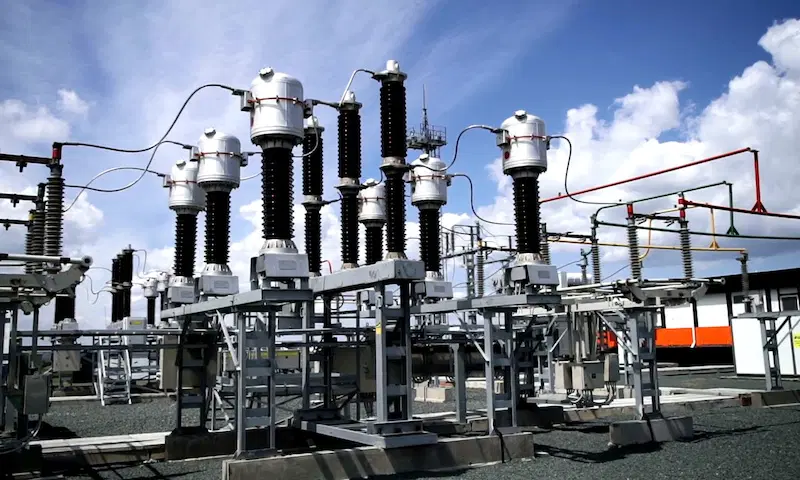Nigeria has faced a substantial setback in its power generation capabilities due to persistent gas flaring by oil companies, leading to a loss of approximately 20,100 Gigawatts per hour (GWh) of potential power generation in the first nine months of 2024. This figure represents a 5.5% increase compared to the 19,000 GWh lost during the same period in 2023.
Ongoing Power Generation Challenges
The country’s power generation struggles to exceed 4,000 megawatts (MW), which hampers the ability to provide reliable electricity for households and businesses. One of the key factors contributing to this challenge is the limited gas supply available to Electricity Generation Companies (GENCOs).
Rising Gas Flaring Rates
According to the latest report from the National Oil Spill Detection and Response Agency (NOSDRA), gas flaring in Nigeria has surged by 8% in the past nine months, totaling 200.5 million standard cubic feet (MSCF), compared to 190.2 MSCF in the same period of 2023. This increase in flaring not only affects power generation but also results in significant environmental harm.
Economic Impact of Gas Flaring
The flared gas has been valued at approximately $701.8 million, and the companies responsible for the flaring, which include various International Oil Companies (IOCs), could face fines totaling $401 million. NOSDRA’s report highlights that gas flaring from onshore operations rose by 10% to 105.5 MSCF, while offshore flaring accounted for 95 MSCF.
Additionally, the volume of gas flared during this period equates to a carbon dioxide emission of 10.7 million tonnes, exacerbating the environmental crisis linked to gas flaring.
Historical Context and Ongoing Efforts
Despite efforts to mitigate gas flaring in Nigeria, the practice has persisted since the 1950s, contributing to significant environmental degradation. NOSDRA’s findings underscore the need for stronger regulatory enforcement and innovative solutions to reduce gas flaring and enhance the nation’s power generation capabilities.
This ongoing crisis highlights the urgency for the government and relevant stakeholders to take decisive actions to address the issues surrounding gas flaring and its implications for energy production and environmental health.

